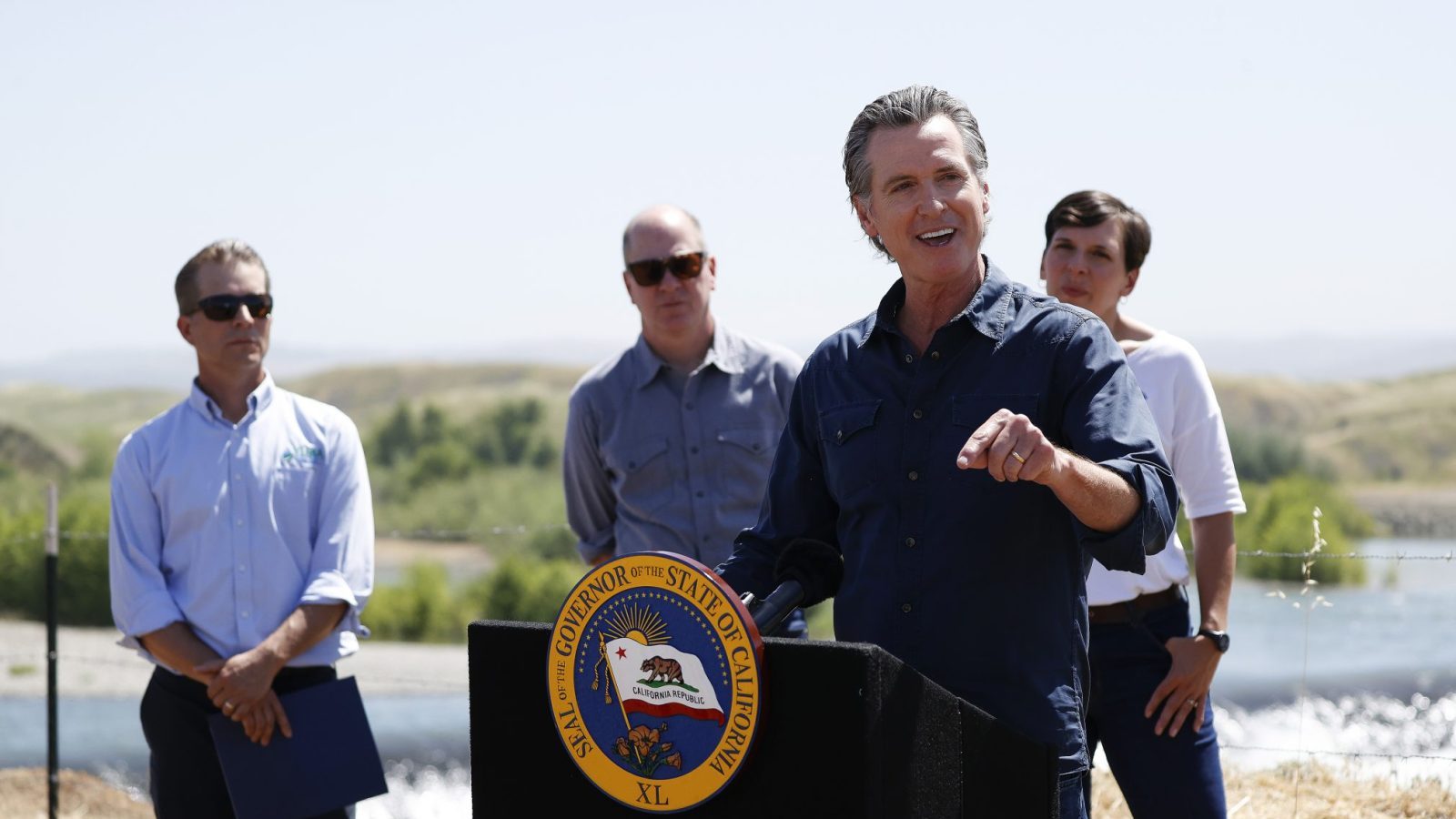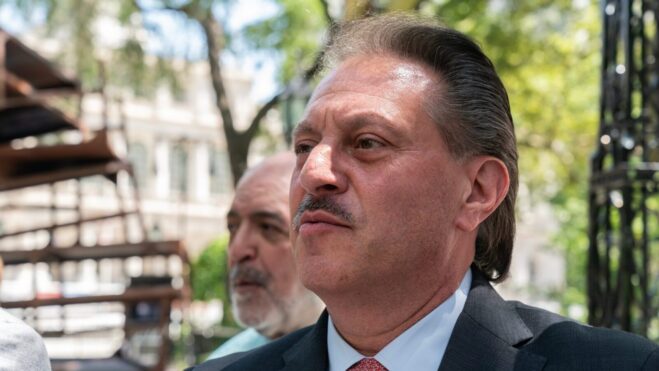Gov. Newsom Signs Anti-Sweeps Bill Into Law In California
California latest large-state market where online sweepstakes casino operators are banned
2 min

California Gov. Gavin Newsom signed AB 831 into law Saturday, banning online sweepstakes casinos in the Golden State and dealing the industry its latest — and largest — legislative setback of the calendar year.
Newsom’s signature completed a long journey for Assemblyperson Avelino Valencia’s bill, which was a “gut-and-amend” of previous legislation. That required AB 831 to pass through three different Senate committees and a revert back to second reading in the upper chamber prior to passage following amendments added to protect non-gaming sweepstakes operators.
The Assembly’s Governmental Organization Committee voted unanimously in favor of concurrence with the Senate bill on Sept. 11 before the full lower chamber voted likewise by a 79-0 count the following day, the last day of the legislative session.
The bill was presented to the governor’s office Sept. 24, and since it was passed during the legislative session, Newsom had 12 days — excluding Sundays — to either sign the bill into law, veto it, or not sign it and let it become law. Saturday was the deadline for his decision.
Social Gaming Leadership Alliance (SGLA) Executive Director Jeff Duncan blasted the decision in a statement released Sunday, saying, “We hoped that Governor Newsom would see past the anti-competitive efforts of the powerful, well-funded tribes behind this bill and veto AB 831, but he chose the easy, short-sighted path and turned his back on choice, innovation, and economic gains.”
Another large market shut off
California is the second large market that has legislatively banned online sweepstakes casino this year, along with New Jersey. New York is just Gov. Kathy Hochul’s signature away from doing likewise, having passed similar legislation this summer.
Nevada, Connecticut, and Montana also enacted sweepstakes bans during the year. Though a bill in Louisiana to ban sweeps was vetoed by Gov. Jeff Landry, state Attorney General Liz Murrill effectively declared them illegal via written opinion, providing a path for the Louisiana Department of Revenue to sue operators VGW and WOW Vegas for nearly $45 million in taxes, unpaid interest, and penalties.
The SGLA, whose most prominent member is large-scale operator VGW, made a concerted effort to halt AB 831 in California. Operators tried to find a path to becoming a regulated industry as the bill wound its way around the Sacramento statehouse. They offered testimony during the last Assembly committee hearing that California could generate up to $300 million in annual tax revenue if the state chose a path to regulation.
Operators said passing Valencia’s bill would also result in a stop of approximately $1 billion in annual economic impact in California, with nearly three-quarters of that amount originating via marketing spend on Meta and Google. The SGLA released a study in August conducted by Eilers & Krejcik at its request saying California will account for more than $2.4 billion of the $14.3 billion in sales by operators in 2025.
Four non-gaming or limited gaming Northern California tribes, most notably the Kletsel Dehe Wintun Nation, were opponents of AB 831. The quartet claimed Valencia’s legislation would limit economic opportunities for less wealthy tribes in the state. VGW and the Kletsel Economic Development Authority (KEDA) — the tribe’s economic development arm — had reached a conditional partnership in August to offer free-to-play online social games.
Valencia, though, had both momentum and lawmaker concerns regarding tribal sovereignty on his side as committee after committee in both houses moved his bill forward in unanimous fashion.
Rocha takes an emphatic victory lap
Indian Gaming Association (IGA) Conference Chairman Victor Rocha, who during the 2024 Global Gaming Expo in Las Vegas made waves going public as a strident opponent of online sweeps, did not hold back celebrating Newsom signing the bill into law on his X account over the weekend:
Most members in the Tribal Alliance of Sovereign Indian Nations (TASIN) supported the bill. The Yuhaaviatam of San Manuel Nation was a primary sponsor of Valencia’s legislation and offered testimony to multiple committees. AB 831 was also sponsored by another large Southern California gaming tribe, the Pechanga Band of Mission Indians.






